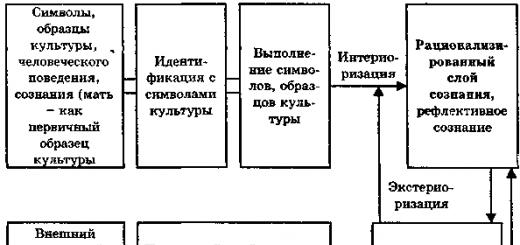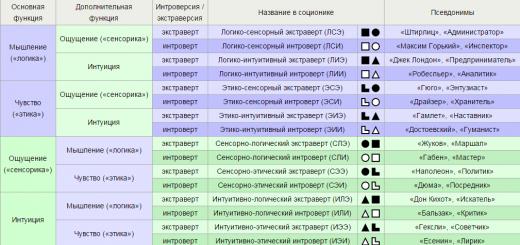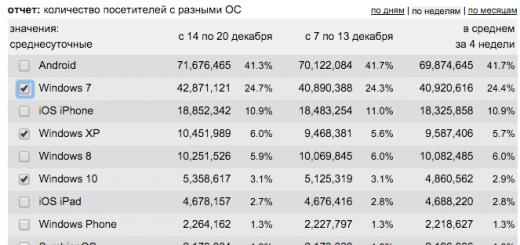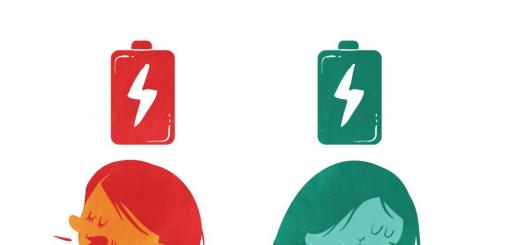Belarusian and Russian orthography are based on phonetic and morphological principles. The degree of distribution of these principles in the Belarusian and Russian orthographies is not the same.
In Belarusian orthography, phonetic and morphological principles are equal, in Russian - the basis is morphological principle. The phonetic principle in the Belarusian spelling is most consistently maintained in the rules of writing vowels; transmitted in accordance with it akanye and yak: mountains - gara, forest - lyasny. After hard and hardened consonants w, w, h, c, j, r, in accordance with the pronunciation, a, e, o, y, s are written, after soft ones - and: zherdka, shests.
A deviation from the phonetic principle in the spelling of vowels is the preservation of the root I in words memory, dzevyats, writing uh, uh not under stress in borrowed words: theater, atel.
Presented in Belarusian orthography is the spelling of consonants in accordance with pronunciation. This includes the spelling of prefixes on h: h written before voiced consonants and sonorants, vowels; with- before deaf consonants: unwind, seize, but remember, sleep. To phonetic refer spelling w in words shchastse; reflection on the letter of adjoining consonants (vozera, but azerny; vuchan, but unuk, etc.,), zekanya and chittering.
In accordance with the morphological principle, voiced ones are written before voiceless consonants and at the end of a word, deaf ones before voiced ones, including at the junction of morphemes: garden, bread, tale, fish, jump, request. root d, t, before c, h in the Belarusian language they are also transmitted invariably: naladchyk, perakladchyk,.
Writing loanwords in Russian, this is the spelling of words with doubled consonants: metal, grammar; in Belarusian - transmission of unstressed e, e excluding acaña: season, peron. Writing of homonyms and proper names: Rus. company - campaign, eagle; white arol.
Traditional spellings are more widely represented in Russian orthography than in Belarusian. To traditional spellings in Russian include the spelling of a letter b after w, w in the forms of verbs of the second person singular of the present tense - you read, write, feminine nouns of the third declension - rye, mouse. In the Belarusian language, as in Russian, the traditional principle is determined, for example, by writing a capital letter in the names of international organizations (Argashzatsyya Ab "yadnanyh Nations").
Spelling rules that are not related to the transmission of sounds are the same in the Belarusian and Russian languages in most cases. This includes punctuation rules, the use of capital letters, continuous and separate spelling, word hyphenation rules, hyphenated spelling, spelling of compound words, alphabetic abbreviations and graphic abbreviations
At a press conference at the editorial office of Komsomolskaya Pravda, Alexander Lukashenets said that scientists had been preparing the new rules for more than 10 years: “A working group was created, which prepared a draft of a new edition somewhere in 1997. only some clarifications. This draft was repeatedly discussed, attempts were repeatedly made to put it into effect. And the last attempt to put it into effect led to the fact that in 2008 we received the law "On the Rules of Belarusian Spelling and Punctuation", which puts into effect new edition of Belarusian spelling and punctuation".
According to him, the new edition does not make radical changes to the spelling that was adopted back in 1959: "These changes are aimed at reducing the number of exceptions - the basic spelling rules remain unchanged - and bringing the spelling of individual words and groups of words into line with the existing language practice."
For example, according to the new rules, the words "adagyo" and "tryo" will be written with "a" at the end. There are fewer exceptions to the spelling of "ў" in words of foreign origin. Some changes have been made to the spelling of compound words. If the spelling of 1959 required the spelling "harvykank", then they will now write as it should - "garvykanka". And they streamlined the spelling of the letters "e" and "e" in words of foreign origin. Thus, it will be correct - "resume". And as part of the change in the spelling of the word with a small or capital letter, scientists came to the conclusion that "God" should be written with a capital letter, and not as the old rules advised.
Another thing is whether the school is ready for this transition.
Alexander Lukashenets notes that “some textbooks have already been republished in accordance with the new rules. Some textbooks in the Belarusian language will be republished in the next two or three years. They have been replaced in the process of their natural renewal. educational literature".
Schoolchildren will be given time to get used to the new spelling rules: "The Ministry of Education provides for a three-year transitional period. Changes in spelling will not be included in examinations or tests in the Belarusian language, or different spellings will not be counted as errors."
True, he clarified that this delay does not apply to the media - from September 1, journalists must write in accordance with the requirements of the new editorial board.
The correspondent of "Euroradio" asked what explains the requirement to write the word "President" with a capital letter and whether there are exceptions to this rule.
Alexander Lukashenets replied that “it depends on the nature of the text, you understand. The rules are formulated in such a way that the names of the highest state positions in official use are written with a capital letter. And if the presidents gathered for a conversation without ties, then the word “president” is written with a small letter letters - as provided by the rules: both new and previous ones.
As for who will control the implementation of the new rules in the media, Lukashenets says that this should be done by journalists and editors themselves. Although he did not rule out that the Ministry of Information would "help" them in this.
From September 1, 2010 the Belarusian language will sound in a new way. In accordance with the law “On the Rules of Belarusian Spelling and Punctuation”, from the beginning of the next academic year, the rules for writing individual words will change.
According to the Ministry of Education of the Republic of Belarus, the bill, in particular, expands the principle of transferring "akanya" in words of foreign origin, introduces changes in the spelling of compound words, expands the use of "ў" in words of foreign origin, and simplifies the rules for word hyphenation. In addition, it regulates the spelling of the names of authorities, organizations, enterprises, as well as positions and titles.
As noted in the Ministry of Education, the new rules of spelling and punctuation of the Belarusian language will be introduced gradually. Until 2010, both options are allowed.
Rules for switching to a "new" language
1. The principle of transferring "akanya" is expanding when writing words of foreign origin. It is proposed, for example, to write: “trya”, “adazhya”, “Tokia” instead of “tryo”, “adazhyo”, “Tokyo”, as Belarusians now write. In words of foreign origin at the end of which "-er", "el" from September 1 will be "-ar", "-al": "pryntar", "kamp'yutar", "peydzhar" instead of "prynter", "kamp' yuther", "pager".
2. The use of "ў" in words of foreign origin is expanding. For example, it would be correct to write: “at the university”, “grazing the unique aperation”, “fauna”, and not “at the university”, “grazing the unique aperation”, “fauna”, as we write now.
3. In accordance with modern language practice, changes are made to the spelling of complex and abbreviated words. For example, it is proposed to write: “garkom”, “gazpram” instead of “garkom”, “gazprom”.
4. In adjectives ending in "-sk(i)", created from their own names, the soft sign is not written: "Chanchun", "Qiangshan" instead of "Chanchun", "Qiangshan".
5. The spelling of the names of government bodies, organizations, enterprises, institutions, as well as positions, titles and titles, etc. is regulated. capital or small letter.
6. A new paragraph will be introduced "Vyalіkaya and small litary ў the names of people associated with religions, the names of mythical and Cossack heroes". It is proposed to write personal names of deities in religious cults with a capital letter, as well as all words in phrases that contain these names: “God”, “Successful”, “Holy Trinity”, etc.
7. At the beginning and in the middle of words, the sound combination [y] + vowel is transmitted by iot vowels: “New York”, “Yofe”.
8. The use of verbs of foreign origin in the Belarusian language with the suffixes “–ava- (-yava-)” and “–іrava- (-yrava-)” is regulated: “Aklimatsiziravats”, but “kamandziravats”, and not “kamandavats”, “budziravats”, and not “budavats”, etc.
9. The following sections have been excluded from the set of rules: “Galosny ў some non-Natzіsk kanchatka nazoўnіkaў”, “Galosny ў ў some kanchatkas primetnіkaў i zayennіkaў”, “Galosny ў ў nenatіsk аsabovymi kanchatkas dzeyaslovаў”. This is due to the fact that the provisions of these sections do not refer to spelling, but to inflections and are reflected in the grammar of the Belarusian language.
10. A new section "Pravapis of some marphemes" has been introduced, in which the material about the spelling of prefixes and suffixes is systematized.
11. Word hyphenation rules are simplified, which corresponds to modern publishing technologies.










